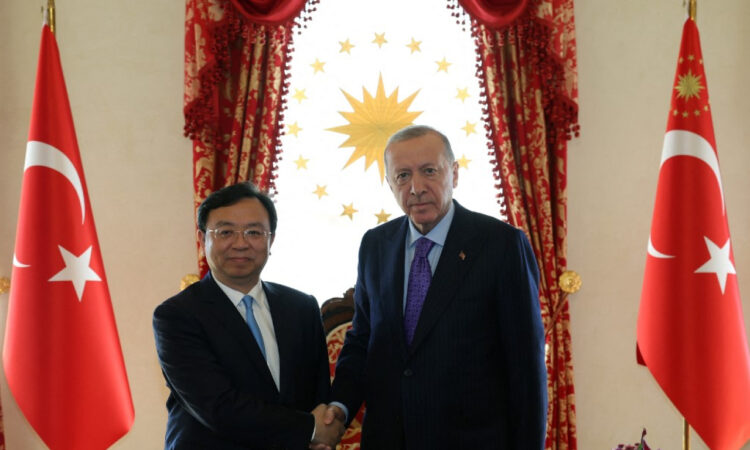
The Chinese electric vehicle giant signed a billion-dollar deal with Ankara on Monday to open a plant in western Turkey, promising to create 5,000 jobs, a move that will help it avoid new EU tariffs.
The country, at the crossroads between Europe, the Middle East and Central Asia, is in talks with other Chinese companies, Turkey’s Industry and Technology Minister Mehmet Fatih Kacir said this week.
“We want to transform Turkey into a production centre for the next generation of vehicles,” Kacir told private broadcaster Haberturk.
The minister emphasised his country’s selling points, including being part of the EU’s customs union and having trade agreements with 28 countries.
“Chinese producers want rapid access to international markets,” he said. “Investing in Turkey offers them that.”
Ankara struck a customs deal with the EU in 1995 that enables the free flow between them of a number of goods, notably cars.
Turkey became one of the leading centres of the world’s automobile industry starting in the 1970s, when major carmakers including Fiat and Renault opened plants there — with others like Ford, Toyota and Hyundai following.
Under new regulations on investment incentives, BYD will be able to circumvent a new 40 percent tariff that Turkey originally imposed on electric vehicle import – Manufacturers investing in the country will be exempt.
Turkish manufacturer TOGG and Chinese firm Farasis have also partnered up to produce EV batteries in Turkey.
Turkish officials have held numerous meetings with Chinese industrialists in the last year, according to the industry ministry.
Turkey’s foreign affairs minister Hakan Fidan visited China in June to seal a new bilateral deal, calling the countries “drivers of Asian wealth.” (AFP)






